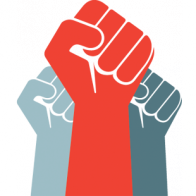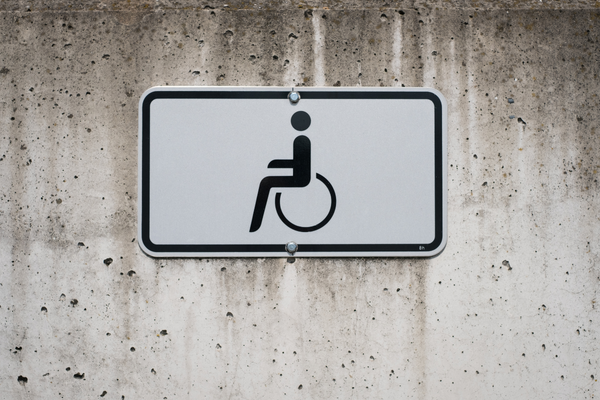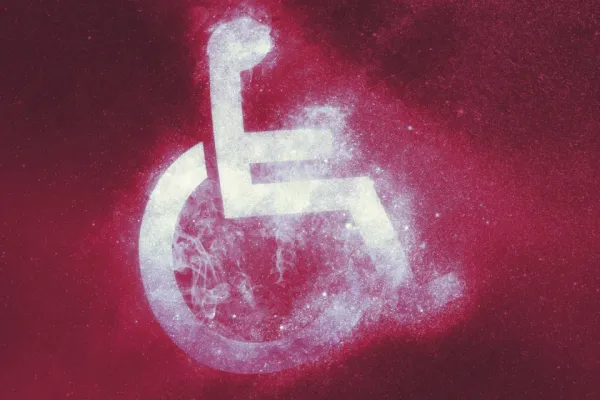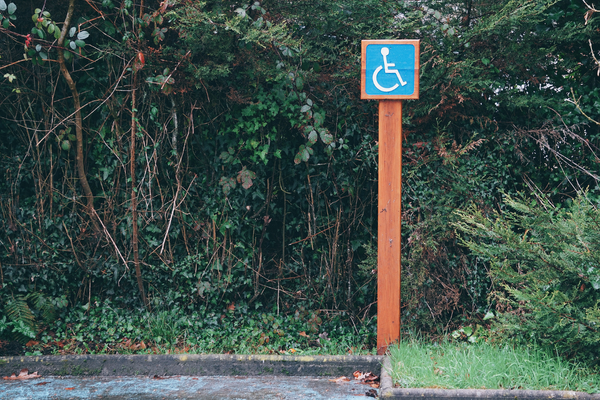3/11/25 - Strategy, Medicaid, and "Wicked"
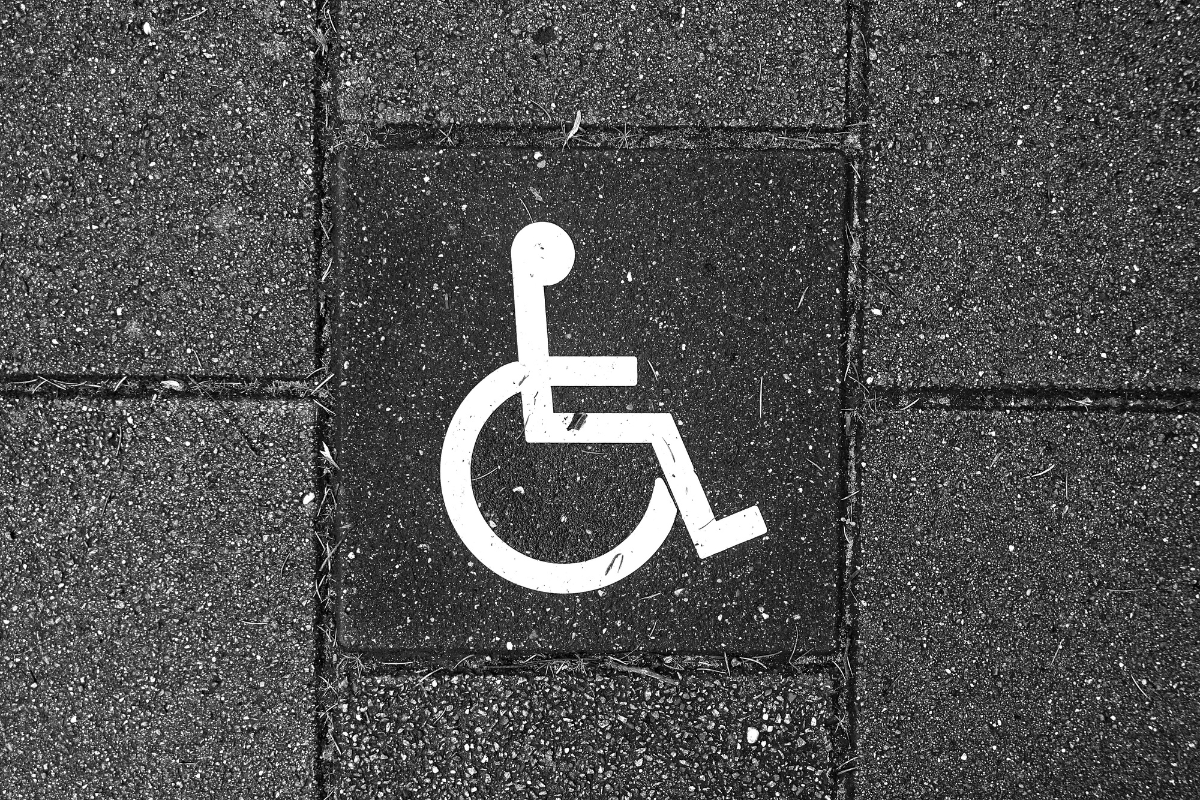

We're still struggling to even begin to figure out how to defend disability rights and supports, with a U.S. government in self-inflicted, not at all random chaos. Meanwhile, somewhat lower-key disability culture continues to evolve.
Reminder: If you have a free or paid subscription, you can comment at the bottom of the newsletter. And if you like what you read, give it a thumbs up!
How the Disability Community Can Fight Back in 2025
Mia Ives-Rublee and Casey Doherty, Center for American Progress - March 10, 2025
"The Center for American Progress’ Disability Justice Initiative, along with its numerous community partners, has been working to push back against the executive and legislative branches’ sweeping actions, identifying three areas where the disability advocacy community could have maximum impact:
Litigation: Protecting and defending basic civil rights
Narrative building: Developing a strong message to better communicate and advocate
Organization: Building partnerships and coalitions to share resources, knowledge, and collective power."
It's good to see an attempt at a broad, unified strategy for disability activism during the second Trump administration. At first glance, this three-pronged approach may seem a bit obvious. But the CAP article provides a lot of detail about what exactly they mean, and it's not at all superficial. It also includes plenty of links to background and related information to fill out the picture.
Medicaid Cuts: What’s Happening & How To Fight Back
Melissa Stoltz, Unpacking Disability with Meriah Nichols - March 6, 2025
"Advocates have sounded the alarm: massive cuts to Medicaid are on the table. So where are we in this first week of March 2025, and what can we do to stop or slow what feels like a runaway train?"
This piece outlines the obscure-sounding Congressional procedure called "reconciliation." It's a complex maneuver that has in recent years often been used to get major funding and/or budget-cutting legislation through Congress more quickly and easily. Not every disabled advocate needs to know all of this stuff. But at least some of us absolutely must understand it, so we can all make our advocacy as effective and timely as possible. It's especially helpful that Meriah Nichols and her guest author include a "plain language" version of this explainer, at the end of the article.
Wicked’s Jenna Bainbridge on Reframing Nessarose’s ‘Tragic’ Disability
Esme Mazzeo, New York Vulture - March 4, 2025
"As you’re an ambulatory wheelchair user, what’s it like to perform the scene where Nessa walks? That dialogue, with no changes, has to feel less than ideal.
It’s a hard scene. It was written by a non-disabled person, was directed by a non-disabled person, was originally performed by non-disabled people. When I perform it, there is some language in there that we both know, from a disability-justice lens, is not ideal. I don’t really focus on that."
I still have haven't seen the film version of "Wicked." While that is easily corrected, the chances of my seeing the new Broadway version are slim to none. But since I'm not really much into the whole "Wizard Of Oz" universe anyway, I feel like it's just as interesting from a disability perspective to read articles and interviews like this one. It's fascinating to see the debate – maybe dialog is a fairer term – between authentic disabled casting, and modifying the script itself as different approaches to combating ableism in popular fiction. Which is more powerful and artistically honest – making sure disabled characters are played by disabled actors, or getting in there and changing plot points and lines that have in the past come across as ableist?
Note: Two previous editions of this newsletter include links to stories about these newest interpretation of "Wicked," on December 5 and December 12, 2024.

Action Alerts
Opportunities to take action on disability issues ...


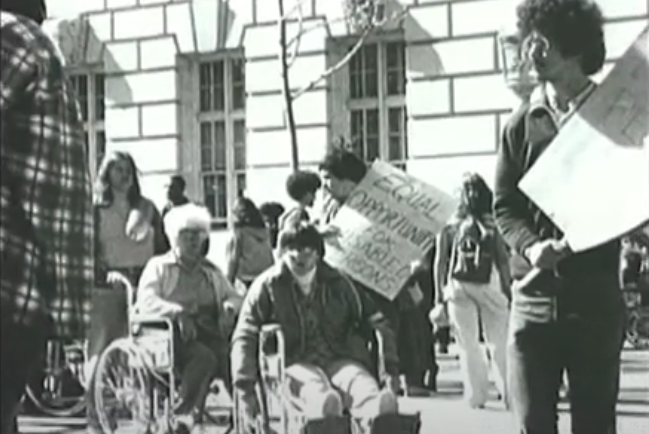
Disability Thinking Weekday is a Monday-Friday newsletter with links and commentary on disability-related articles and other content. Please like, share, comment, and subscribe — for free, or with a paid subscription. A free subscription brings a newsletter to your email each weekday, and gives you access to Comments. Benefits of paid subscription include:
- A monthly recap with links to all of the previous month's shared articles, organized by topic.
- Listing as a supporter, and a link to your website if you have one.
- You can recommend one disability-related article for me to share per month in a weekday post.
To to subscribe, or check and change the status of your subscription, click this button:
I am so grateful for your help and engagement, in whichever forms you choose!
